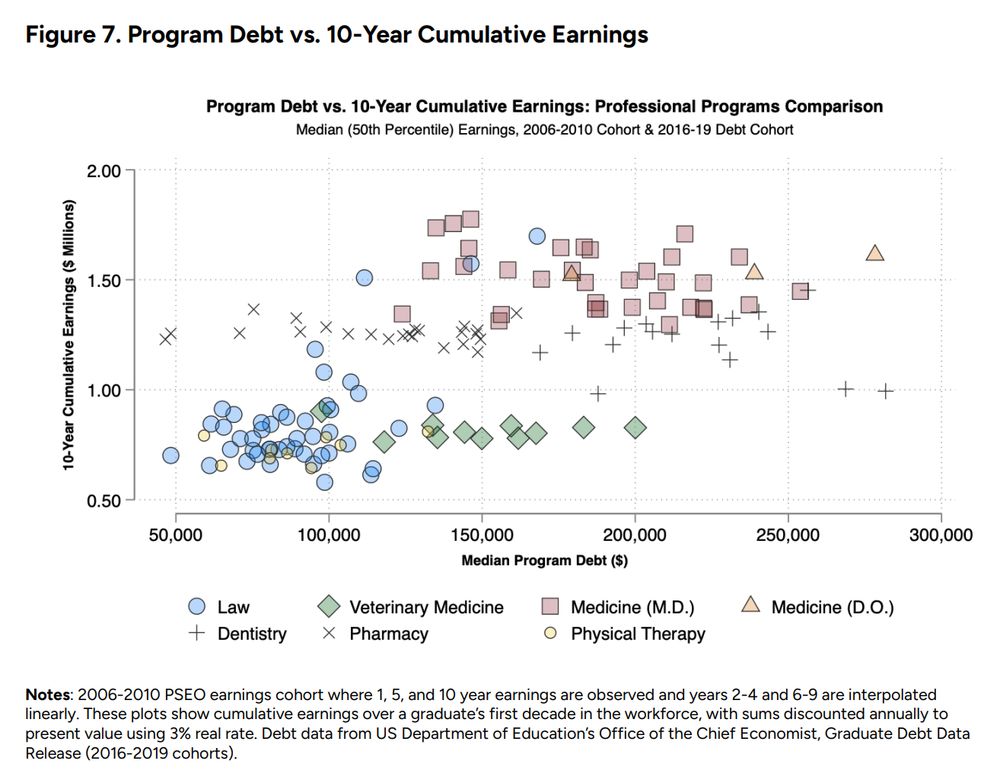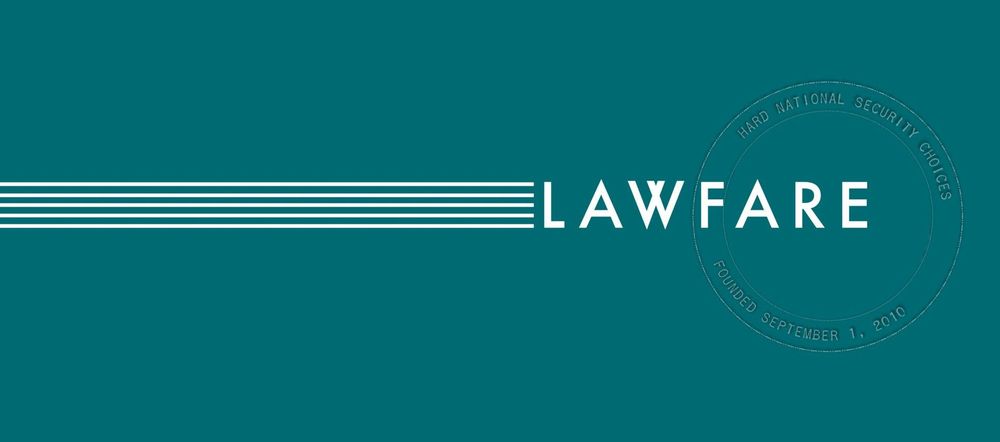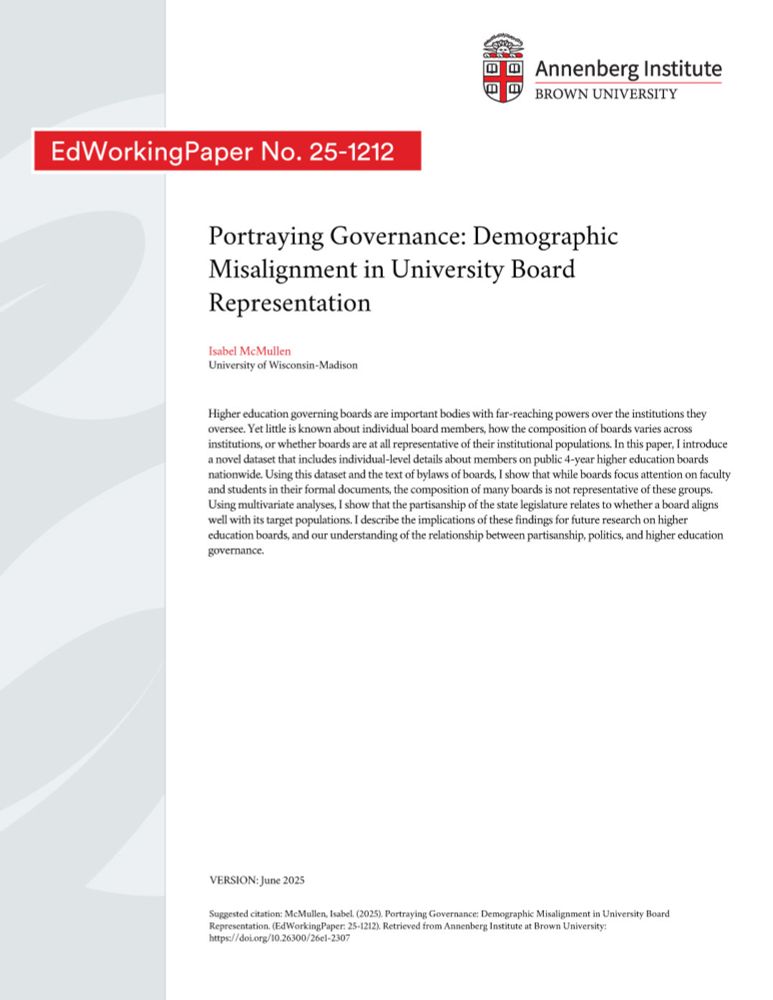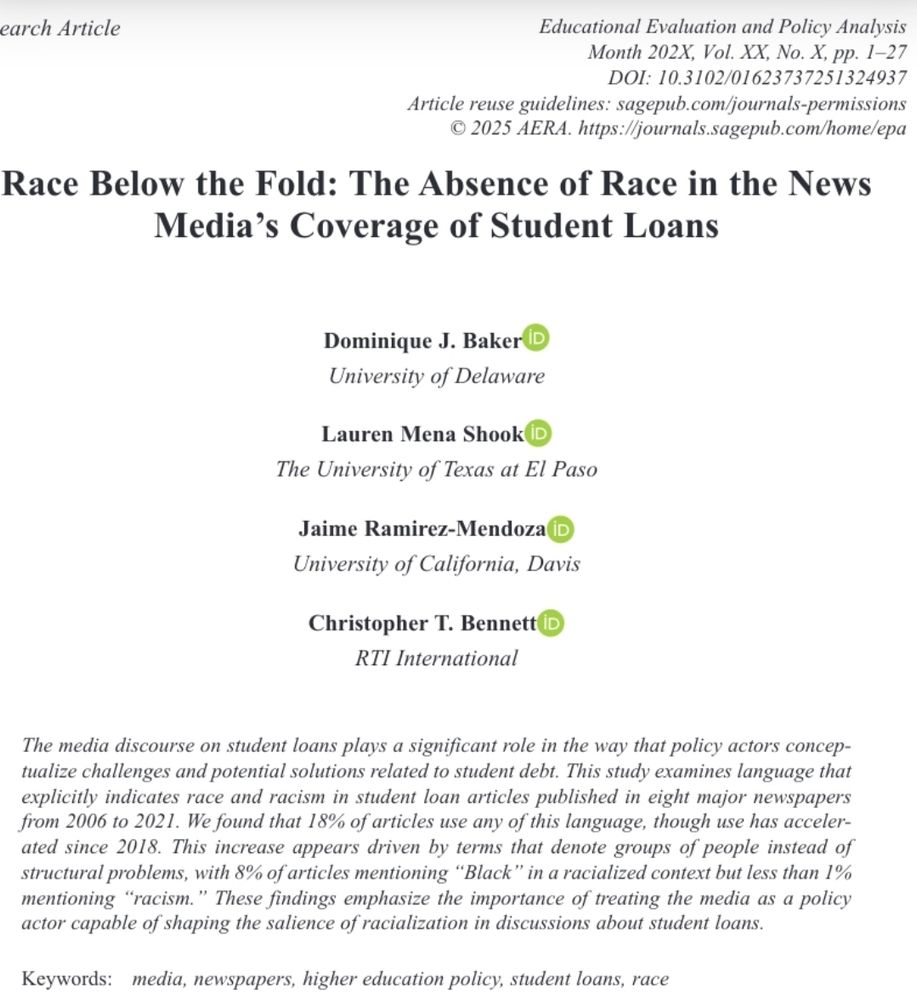Katharine Meyer
@katharinemeyer.bsky.social
2.1K followers
350 following
41 posts
Higher education policy researcher | would rather be reading | https://kem3e.github.io/
Posts
Media
Videos
Starter Packs
Reposted by Katharine Meyer
Reposted by Katharine Meyer
Reposted by Katharine Meyer
Reposted by Katharine Meyer
Reposted by Katharine Meyer
Reposted by Katharine Meyer
Reposted by Katharine Meyer
Jill Barshay
@jillbarshay.bsky.social
· Apr 21


















